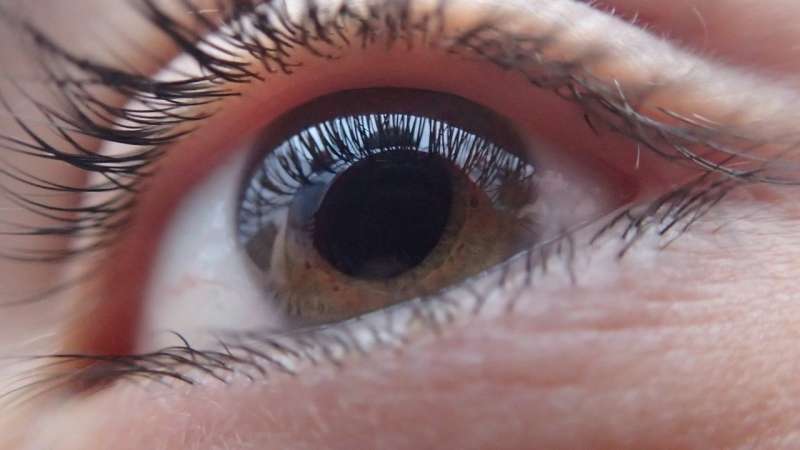
An international panel led by a pediatric neuroimmune expert and co-director of the Neuroscience Center at Children’s Hospital of Philadelphia (CHOP) has established new criteria for properly diagnosing myelin oligodendrocyte glycoprotein antibody-associated disease (MOGAD), a neurological disorder that causes inflammation and potential damage of the brain, spinal cord and optic nerves.
While further validation is needed, these proposed guidelines, recently published in The Lancet Neurology, are the first clinical guidelines for MOGAD and provide an important framework for distinguishing MOGAD from other neurological disorders.
MOGAD is a demyelinating disorder of the central nervous system, meaning that damage is being caused to the myelin, or protective covering, of pathways in the brain. In this disease, the immune system attacks the myelin oligodendrocyte glycoprotein (MOG), a protein found on the myelin covering in brain, spinal cord and optic nerves. It can cause a wide range of symptoms, from vision loss and reduced color vision to weakness in the limbs, confusion, drowsiness, encephalopathy and seizures. The condition affects children and adults.
Because of the wide range of symptoms, some of which can be severe in certain patients, a proper medical diagnosis is critical. Many of the symptoms of MOGAD are similar to those of multiple sclerosis. However, a blood test for antibodies against MOG distinguishes these two conditions. To formulate these clinical guidelines for diagnosis, the international team conducted an extensive literature review and structured process and then derived international consensus criteria to aid in the diagnosis of MOGAD.
“While there is more awareness now than there was a decade ago, without international consensus criteria, there are many MOGAD patients who may not be properly diagnosed,” said Brenda L. Banwell, MD, Chief of the Division of Neurology, Co-Director of the Neuroscience Center at CHOP and first author of the guidelines.
“We hope that better and earlier diagnosis can lead to more patients receiving appropriate treatments. Consensus diagnostic criteria will allow us to conduct more robust clinical trials to investigate potentially superior therapeutic interventions and ultimately improve long-term outcomes for these patients.”
More information:
Brenda Banwell et al, Diagnosis of myelin oligodendrocyte glycoprotein antibody-associated disease: International MOGAD Panel proposed criteria, The Lancet Neurology (2023). DOI: 10.1016/S1474-4422(22)00431-8
Journal information:
Lancet Neurology
Source: Read Full Article



